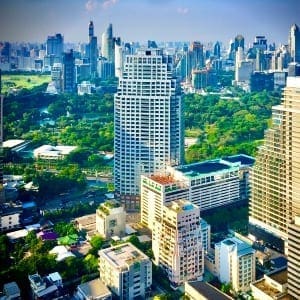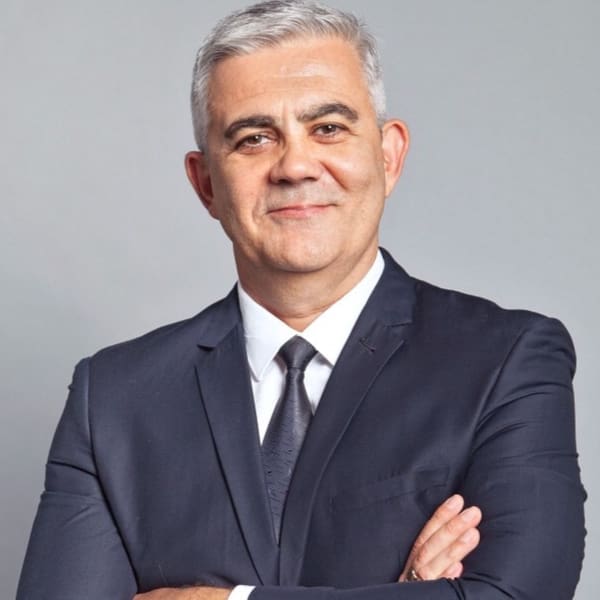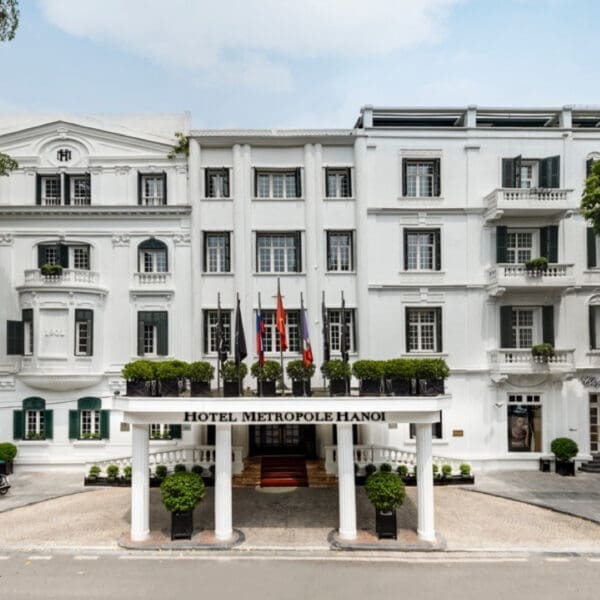Hotel property owners across Asia are increasingly turning to creative financing solutions to ride out near-term turbulence. Owners are seeking greater access to debt financing to bolster cash flows as they face an unprecedented period of historically low occupancy rates, closed borders and severe limitations on air travel due to the ongoing COVID-19 pandemic, says JLL.
 The impact of the virus on the hospitality industry across Asia continues to be significant, with many hotels and investors witnessing an unparalleled cash crunch as much reduced revenues struggle to offset fixed costs.
The impact of the virus on the hospitality industry across Asia continues to be significant, with many hotels and investors witnessing an unparalleled cash crunch as much reduced revenues struggle to offset fixed costs.According to JLL’s Hotels & Hospitality Group executive vice president Adam Bury, and senior vice president Corey Hamabata, travel restrictions are forcing owners to look at an array of short-term financing options, this temporary dislocation is expected to also create new opportunities.
They warned that hotels are struggling to break even, much less cover their debt service obligations, leaving owners to fill the gaps. As the hotel industry is typically the fastest to react to demand shocks and also the quickest to recover, certain owners are looking for near-term solutions to bridge cash flow until travel, hotel demand and revenues return.
 Adam Bury, Executive Vice President JLL’s Hotels & Hospitality Group, says travel restrictions are forcing owners to look at an array of short-term financing options
Adam Bury, Executive Vice President JLL’s Hotels & Hospitality Group, says travel restrictions are forcing owners to look at an array of short-term financing optionsHowever there are growing signs of financial stress among Asia’s hotel owners:
•insufficient cash flow to cover existing obligations leading to short-term measures that include furloughing staff and accepting quarantined guests
•traditional lending channels being unavailable and curtailed
•owners are the most concerned about long recovery periods and the return of normal airport/airline operations
•resorts are reliant on a high proportion of international guests – a segment which maybe the slowest to recover
•the need to restructure loans, including the provision of short-term grace periods
•finding lenders who are likely to fund non-performing assets to cover longer-term shortfalls
Whilst it may be too soon to determine the eventual recovery period for the hotel industry, short-term grace periods may simply not be enough to help many owners navigate the current situation and additional capital will likely be needed to fill the gap.
However limited and short financing options are expected to be attractive for Thai hotel owners to stay afloat. Especially if international travellers continue to be unwilling or unable to travel.
“The country’s major tourist destinations rely heavily on international tourists. Historically, international tourists comprised 60% to 85% of visitors to popular destinations such as Bangkok, Phuket and Koh Samui,” says Bangkok-based JLL Hotels & Hospitality Group.


















